Warehouse Management Software (WMS) is a helpful tool for businesses to organize and manage their warehouses more efficiently. It makes handling inventory and fulfilling orders easier, reducing mistakes and ensuring customers are happy. Using WMS can lead to smoother operations and overall success for businesses.
Warehouse Management Software (WMS) is like a super tool for making warehouses work better. It helps keep track of things, manage orders, and make the whole warehouse run smoother.
Check out our list of the top 10 WMS options to find the right one for your business.
Table of Contents
Why Do You Need Warehouse Management Software?
The following are just a few advantages a WMS can provide for your warehouse operations:
Improved Inventory Management
A WMS provides real-time visibility into your inventory levels, allowing you to track stock levels, monitor product movement, and identify potential stock shortages. This helps you avoid stockouts and overstocking, reducing the risk of lost sales and excess inventory costs.
Increased Efficiency and Productivity
With a WMS, you can automate manual processes, such as inventory tracking and order fulfillment, reducing the risk of human error and improving overall efficiency. This allows your warehouse staff to focus on more critical tasks, leading to increased productivity.
Enhanced Order Fulfillment
A WMS can help you streamline your order fulfillment process, from picking and packing to shipping and delivery. With real-time inventory data and automated processes, you can fulfill orders faster and more accurately, leading to improved customer satisfaction.
Better Warehouse Optimization
By providing real-time data and insights, a WMS can help you optimize your warehouse layout, storage, and picking processes. This can lead to reduced travel time, improved space utilization, and overall cost savings.
Top 10 Best Warehouse Management Software Systems
Now that we’ve explored the benefits of a WMS, let’s take a look at the top 10 best warehouse management software systems on the market.
1. Fishbowl Inventory

Fishbowl Inventory is a popular WMS that offers a range of features, including inventory tracking, order management, and reporting.
It integrates with QuickBooks and other accounting software, making it a great option for small and medium-sized businesses.
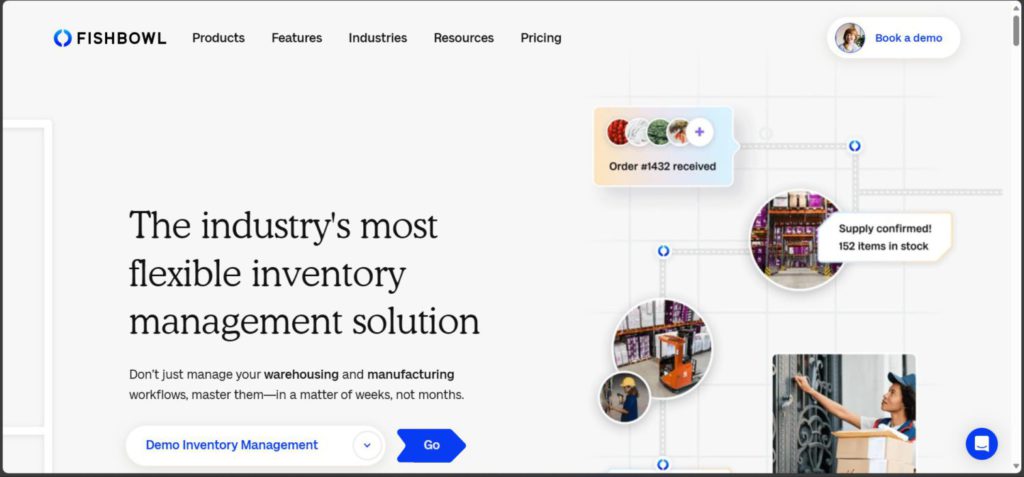
2. SAP Warehouse Management
SAP Warehouse Management is a comprehensive WMS that offers advanced features such as cross-docking, wave picking, and slotting optimization.
It integrates with other SAP modules, making it a great option for businesses already using SAP software.
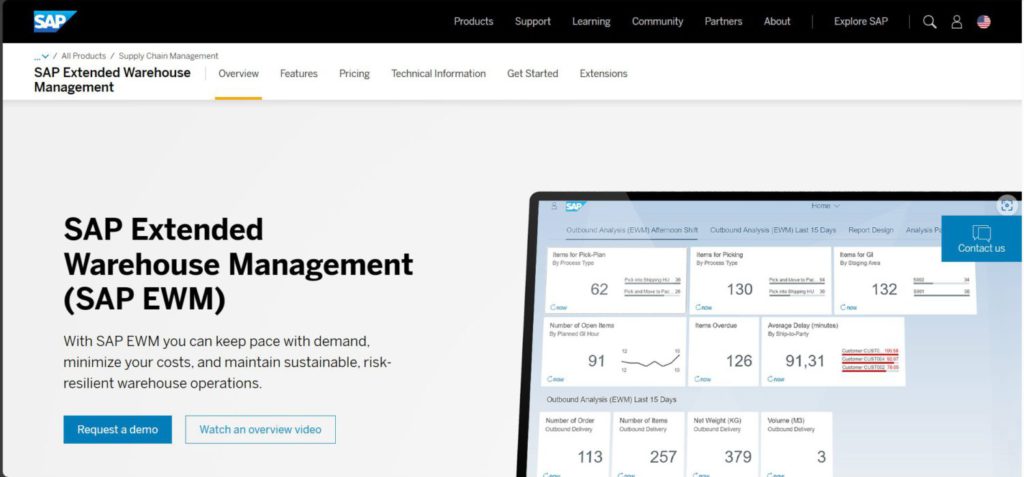
3. Infor CloudSuite WMS
Infor CloudSuite WMS is a cloud-based WMS that offers real-time inventory tracking, order management, and reporting.
It also offers advanced features such as labor management and slotting optimization.
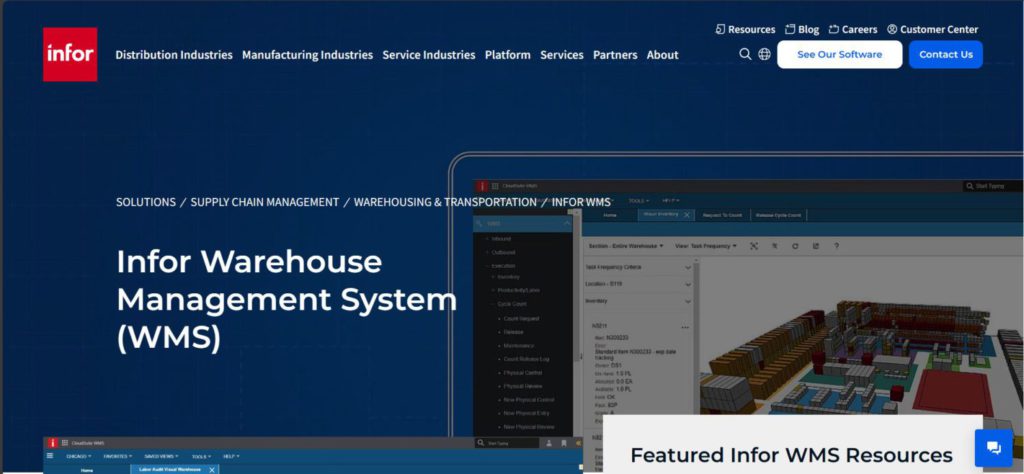
4. HighJump Warehouse
HighJump Warehouse Advantage is a highly customizable WMS that offers features such as inventory tracking, order management, and reporting.
It also offers advanced features such as voice picking and labor management.
5. Manhattan Associates Warehouse Management
Manhattan Associates Warehouse Management is a comprehensive WMS that offers features such as inventory tracking, order management, and reporting.
It also offers advanced features such as labor management and slotting optimization.
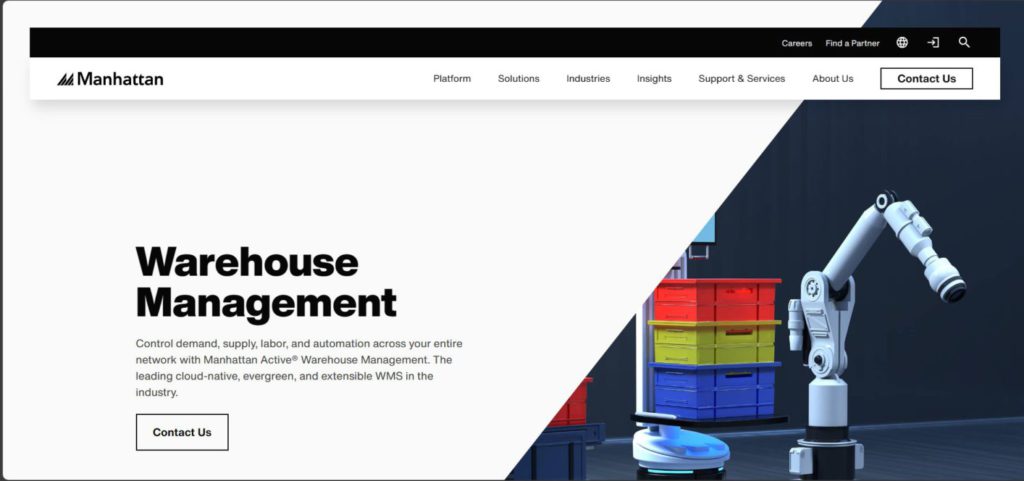
6. JDA Warehouse Management
JDA Warehouse Management is a cloud-based WMS that offers features such as inventory tracking, order management, and reporting. It also offers advanced features such as labor management and slotting optimization.
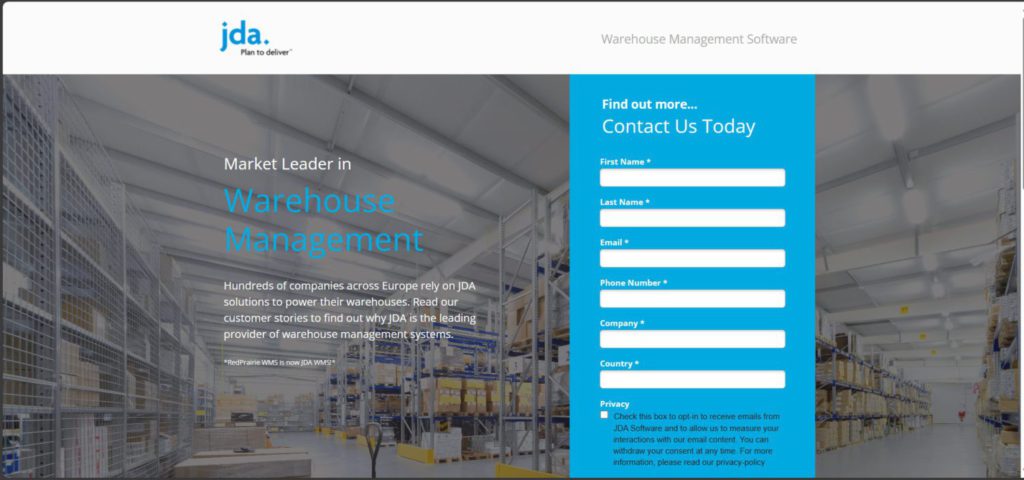
7. Oracle Warehouse Management
Oracle Warehouse Management is a comprehensive WMS that offers features such as inventory tracking, order management, and reporting. It also offers advanced features such as labor management and slotting optimization.
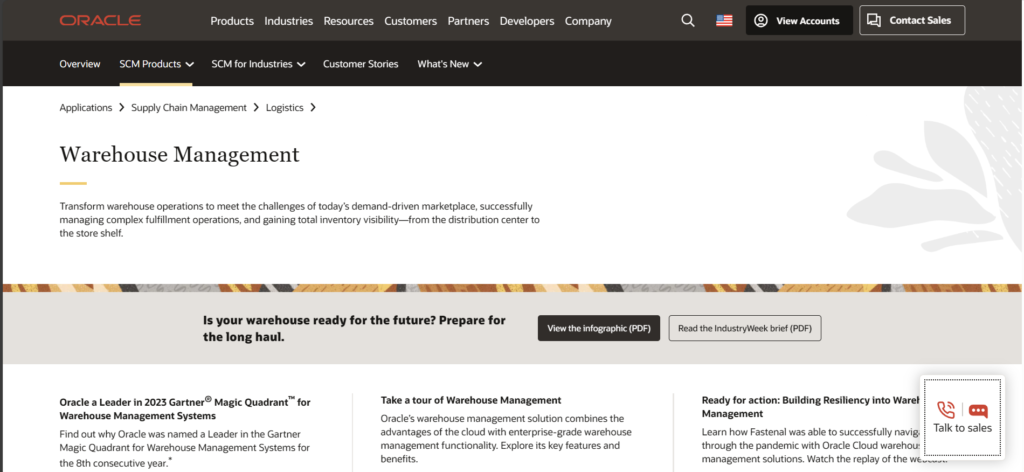
8. Epicor Warehouse Management
Epicor Warehouse Management is a cloud-based WMS that offers features such as inventory tracking, order management, and reporting. It also offers advanced features such as labor management and slotting optimization.
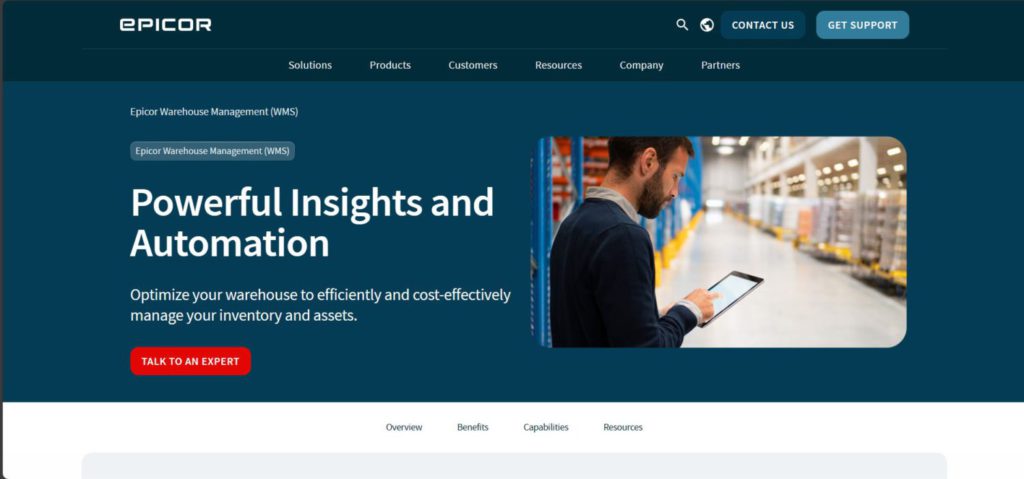
9. Sage Warehouse Management
Sage Warehouse Management is a comprehensive WMS that offers features such as inventory tracking, order management, and reporting. It also offers advanced features such as labor management and slotting optimization.
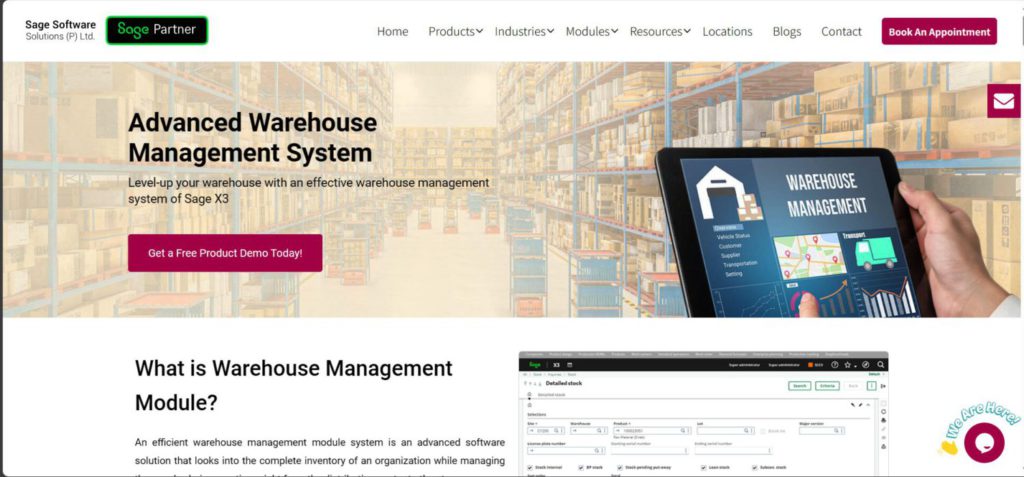
10. Microsoft Dynamics 365 Supply Chain Management
Microsoft Dynamics 365 Supply Chain Management is a cloud-based WMS that offers features such as inventory tracking, order management, and reporting. It also offers advanced features such as labor management and slotting optimization.
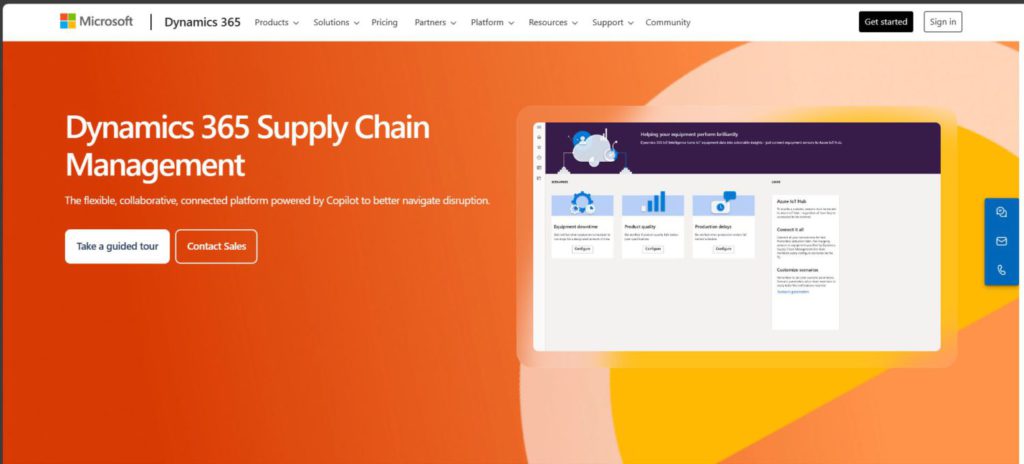
How to Choose the Right WMS for Your Business
With so many WMS options available, it can be challenging to choose the right one for your business. Here are some factors to consider when selecting a WMS:
Business Size and Needs
The size and needs of your business will play a significant role in determining the right WMS for you. For example, a small business may not need all the advanced features of a comprehensive WMS, while a large business may require a more robust solution.
Integration Capabilities
If you’re already using other software systems, such as an accounting or ERP system, it’s essential to choose a WMS that can integrate with these systems. This will help streamline your operations and avoid data silos.
Scalability
As your business grows, your warehouse operations will likely become more complex. It’s crucial to choose a WMS that can scale with your business and accommodate your future needs.
User-Friendliness
A WMS should be easy to use and navigate, even for non-technical users. Consider choosing a WMS with a user-friendly interface and intuitive features to ensure a smooth implementation and adoption.
Real-World Examples of WMS Success
One example of a company that has successfully implemented a WMS is Amazon. With its vast inventory and complex order fulfillment processes, Amazon relies heavily on its WMS to manage its warehouse operations and ensure timely and accurate deliveries.
Another example is Walmart, which uses a WMS to manage its inventory and optimize its warehouse layout. This has helped Walmart reduce costs and improve efficiency, leading to increased customer satisfaction.
Conclusion
A WMS is a valuable tool for any business looking to streamline and optimize its warehouse operations. By choosing the right WMS for your business and implementing it effectively, you can improve inventory management, increase efficiency, and enhance customer satisfaction. Consider the factors mentioned in this article to find the best WMS for your business and take your warehouse operations to the next level.
Also Read–>










